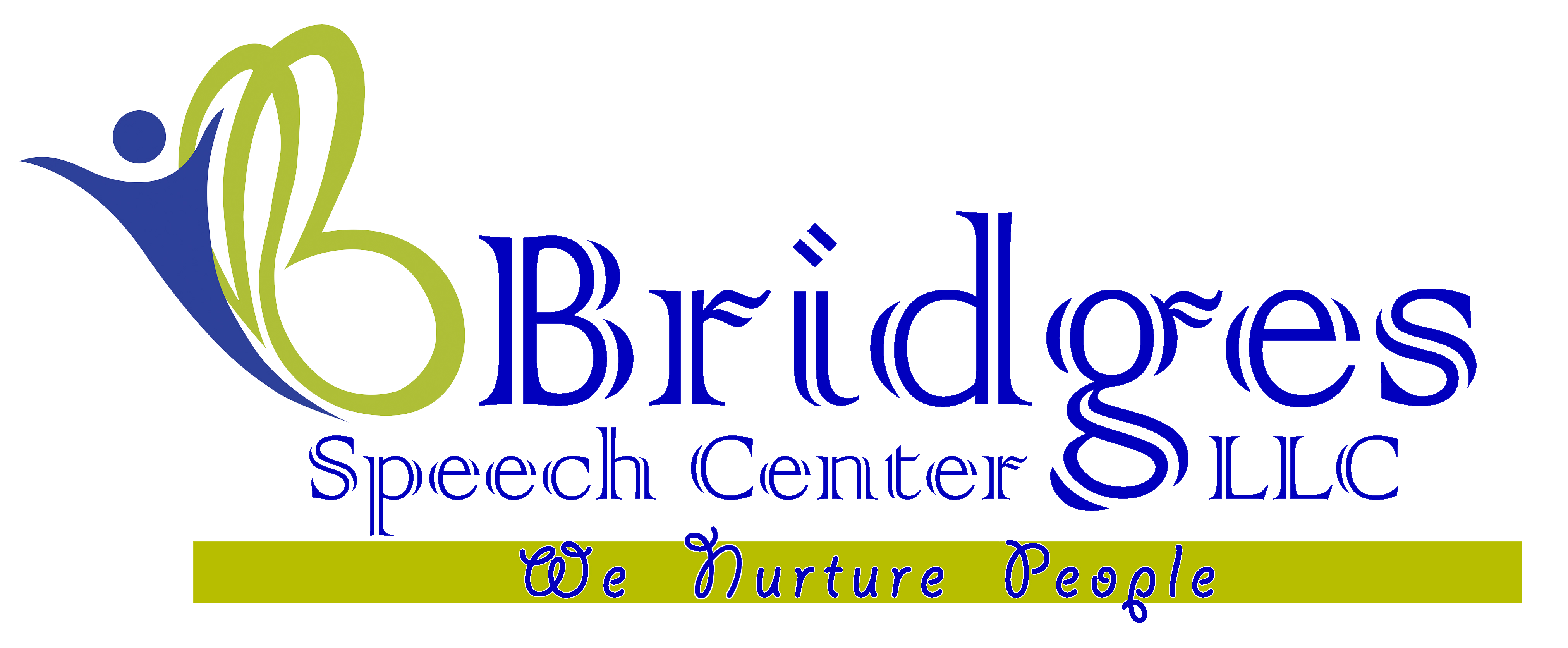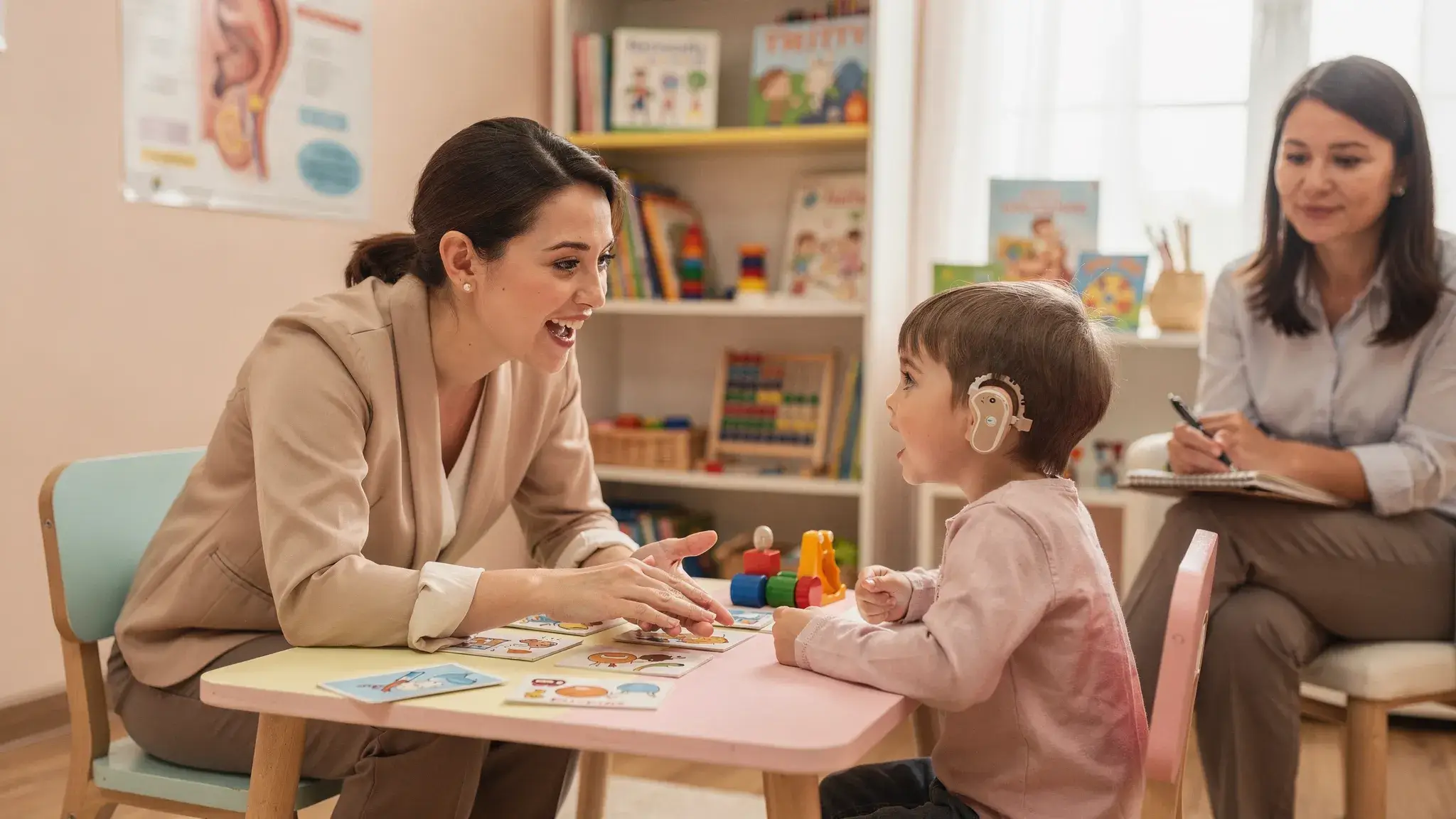- About Us
- Our Services
- Speech Therapy
- Speech and Language Therapies for Adults in Dubai
- Speech and Language Therapies for Children in Dubai
- Accent therapy
- Augmentative Alternative Communication (AAC) Therapy
- Articulation Speech Therapy
- Auditory Processing therapy/ Auditory verbal therapy
- Language Intervention: Speech Delay therapy
- Oral Motor Therapy
- Play Based therapy
- PROMPT/DTTC/RePT for Childhood Apraxia of Speech
- Social communication/Pragmatic language therapy
- Stuttering / Stammering therapy Program
- Spellography Program for Dyslexia
- Voice Therapy
- Home Care Services
- Feeding Therapy
- Physiotherapy
- Pediatric and Geriatric Physiotherapy
- Fall Prevention Programs for the Elderly
- Developmental Delay Treatment for Children
- Cerebral Palsy Management for Children
- Pediatric Orthopedic Conditions
- Osteoporosis Management for the Elderly
- Sports Injuries in Children
- Mobility and Balance Training for Elderly
- Joint Pain Treatment (Knee, Shoulder, Hip)
- Age-Specific Exercise Programs
- Coordination and Balance Exercises
- Orthopedic Physiotherapy
- Neurological Physiotherapy
- Sports Physiotherapy
- Cardiopulmonary Physiotherapy
- Women’s Health Physiotherapy
- Manual Therapy
- Therapeutic Exercise
- Pain Management
- Electrotherapy
- Ergonomic Consultation
- Tele-Physiotherapy Services
- Pediatric and Geriatric Physiotherapy
- Occupational Therapy
- Sensory Integration
- Clinical Psychology & Psychotherapy
- Cognitive Behavioral Therapy(CBT)
- ABA /Behavior Therapy
- Bridge Learning Program
- Group therapy
- Summer/Winter Program
- Telehealth Services
- Training Program/CEU
- Internship/ Observership
- Speech Therapy
- Super Team
- Collaboration
- Training Course
- News/Blogs
- About Us
- Our Services
- Speech Therapy
- Speech and Language Therapies for Adults in Dubai
- Speech and Language Therapies for Children in Dubai
- Accent therapy
- Augmentative Alternative Communication (AAC) Therapy
- Articulation Speech Therapy
- Auditory Processing therapy/ Auditory verbal therapy
- Language Intervention: Speech Delay therapy
- Oral Motor Therapy
- Play Based therapy
- PROMPT/DTTC/RePT for Childhood Apraxia of Speech
- Social communication/Pragmatic language therapy
- Stuttering / Stammering therapy Program
- Spellography Program for Dyslexia
- Voice Therapy
- Home Care Services
- Feeding Therapy
- Physiotherapy
- Pediatric and Geriatric Physiotherapy
- Fall Prevention Programs for the Elderly
- Developmental Delay Treatment for Children
- Cerebral Palsy Management for Children
- Pediatric Orthopedic Conditions
- Osteoporosis Management for the Elderly
- Sports Injuries in Children
- Mobility and Balance Training for Elderly
- Joint Pain Treatment (Knee, Shoulder, Hip)
- Age-Specific Exercise Programs
- Coordination and Balance Exercises
- Orthopedic Physiotherapy
- Neurological Physiotherapy
- Sports Physiotherapy
- Cardiopulmonary Physiotherapy
- Women’s Health Physiotherapy
- Manual Therapy
- Therapeutic Exercise
- Pain Management
- Electrotherapy
- Ergonomic Consultation
- Tele-Physiotherapy Services
- Pediatric and Geriatric Physiotherapy
- Occupational Therapy
- Sensory Integration
- Clinical Psychology & Psychotherapy
- Cognitive Behavioral Therapy(CBT)
- ABA /Behavior Therapy
- Bridge Learning Program
- Group therapy
- Summer/Winter Program
- Telehealth Services
- Training Program/CEU
- Internship/ Observership
- Speech Therapy
- Super Team
- Collaboration
- Training Course
- News/Blogs
Table of Contents
ToggleAccent Therapy Treatment in Dubai
- Home
- Our Services
- Accent Therapy
Accent Therapy
Accent therapy, also known as accent modification or accent reduction therapy, is a specialized form of speech therapy aimed at helping individuals modify or adjust their speech patterns to achieve clearer and more effective communication, particularly in situations where their accent may hinder understanding. This type of therapy is often sought by individuals whose primary language is not English or those who wish to modify regional or cultural accents that may affect their professional or social interactions.
Here’s an elaboration on accent therapy and its key aspects:
Communication Clarity: Accent therapy delves into the intricacies of speech production, helping individuals understand the mechanics behind clear articulation. Through targeted exercises and techniques, such as tongue placement and airflow management, individuals refine their pronunciation to ensure that their speech is easily understood by others, regardless of linguistic background or accent differences.
Cultural Awareness: Beyond the technical aspects of speech modification, accent therapy fosters cultural sensitivity and awareness. Therapists encourage individuals to embrace and celebrate their cultural heritage while also recognizing the importance of effective communication in diverse settings. This approach ensures that individuals feel empowered to express themselves authentically while navigating various social and professional contexts.
Individualized Approach: In accent therapy, one size does not fit all. Therapists conduct thorough assessments to identify specific areas of speech that require attention, taking into account factors such as native language influence, regional dialects, and personal speech habits. By tailoring interventions to each individual’s unique needs and goals, accent therapy maximizes effectiveness and ensures meaningful progress.
Phonetic Training: Phonetic training forms the foundation of accent therapy, focusing on the intricate sounds and nuances of spoken language. Through drills and exercises targeting specific phonemes, individuals develop a keen ear for phonetic distinctions and learn to reproduce sounds accurately. This meticulous training hones their ability to articulate words clearly and effectively in any context.
Intonation and Prosody: In addition to mastering individual sounds, accent therapy addresses the broader aspects of speech rhythm, stress, and intonation. Individuals learn to convey meaning and emotion through the rise and fall of pitch, the emphasis placed on certain syllables, and the overall cadence of their speech. By mastering intonation and prosody, they imbue their communication with naturalness and expressiveness.
Vowel and Consonant Sounds: Accent therapy zooms in on the specific vowel and consonant sounds that may pose challenges for individuals with different accents. Through targeted exercises focusing on mouth shape, tongue position, and airflow, individuals refine their articulation to produce clear and distinct sounds. This attention to detail ensures that every aspect of speech contributes to overall clarity and comprehensibility.
Breath Control and Articulation: Effective speech production relies on a delicate balance of breath control and precise articulation. Accent therapy teaches individuals to regulate their airflow and coordinate muscle movements to produce sounds with precision and consistency. By mastering breath control and articulation, individuals gain greater control over their speech and project confidence and authority in their communication.
Professional and Social Goals: The motivations behind seeking accent therapy are as diverse as the individuals themselves. Some may pursue therapy to advance their careers and improve their professional communication skills, while others may seek to feel more confident and at ease in social interactions. Whatever the goal, accent therapy provides tailored interventions to help individuals achieve success in both professional and personal spheres.
Confidence Boost: As individuals progress in accent therapy and witness tangible improvements in their speech clarity and confidence, they experience a newfound sense of empowerment. With each milestone reached, individuals gain confidence in their ability to communicate effectively and connect with others authentically. This boost in confidence extends beyond speech and permeates every aspect of their lives, leading to greater self-assurance and resilience.
Patient Progress: Accent therapy is a journey marked by consistent effort and gradual progress. Therapists work closely with individuals to set achievable goals and provide ongoing support and encouragement along the way. Through regular practice and feedback, individuals track their progress and celebrate milestones, building momentum toward their ultimate objectives.
Cultural Sensitivity: Cultural sensitivity is a cornerstone of accent therapy, reflecting the importance of respecting and valuing individual differences. Therapists create a safe and inclusive environment where individuals feel free to express themselves without judgment. By fostering cultural awareness and appreciation, accent therapy promotes understanding and acceptance across diverse communities.
Long-Term Benefits: The benefits of accent therapy extend far beyond improved speech clarity. Individuals who undergo therapy not only enhance their communication skills but also develop greater cultural competence, empathy, and self-awareness. These qualities serve them well in all aspects of life, enabling them to forge meaningful connections, navigate diverse environments, and thrive in an increasingly interconnected world.
Accent therapy offers a tailored and respectful approach to enhancing speech clarity while valuing an individual’s linguistic and cultural background. By working on specific speech patterns and linguistic nuances, individuals can achieve clearer communication and confidently engage in a wide range of contexts.
Accent therapy, also known as accent modification or accent reduction therapy, is a specialized form of speech therapy aimed at helping individuals modify or adjust their speech patterns to achieve clearer and more effective communication, particularly in situations where their accent may hinder understanding. This type of therapy is often sought by individuals who speak English as a second language (ESL) or those who wish to modify regional or cultural accents that may affect their professional or social interactions.
Here’s an elaboration on accent therapy and its key aspects:
Communication Clarity: In accent therapy, the focus on improving communication clarity extends beyond mere pronunciation correction. Therapists also address pacing, rhythm, and stress patterns, ensuring that the individual’s speech flows smoothly and is easily understood by listeners from diverse linguistic backgrounds.
Cultural Awareness: Accent therapy fosters a deep understanding of cultural nuances and their impact on communication. Therapists encourage individuals to embrace their cultural identity while equipping them with strategies to adapt their speech for clearer communication in various settings. This approach promotes cultural sensitivity and inclusivity.
Individualized Approach: Therapists conduct thorough assessments to identify specific speech patterns and challenges unique to each individual. Based on these findings, they tailor intervention plans that align with the individual’s learning style, linguistic background, and communication goals. This personalized approach maximizes the effectiveness of therapy and ensures meaningful progress.
Phonetic Training: Phonetic training in accent therapy goes beyond simply teaching correct pronunciation. It involves intensive practice sessions where individuals learn to discriminate between similar sounds, articulate challenging phonemes, and develop a heightened awareness of mouth placement and tongue positioning during speech production.
Intonation and Prosody: Intonation and prosody play a crucial role in conveying meaning and emotion in speech. Accent therapy focuses on refining these aspects, helping individuals modulate their pitch, stress, and rhythm to match native speakers’ speech patterns. By mastering intonation and prosody, individuals achieve a more natural and expressive speaking style.
Vowel and Consonant Sounds: Accent therapy employs various techniques, such as minimal pairs exercises and visual feedback tools, to target specific vowel and consonant sounds that pose challenges for the individual. Through targeted drills and repetition, individuals develop greater accuracy and consistency in producing these sounds, leading to clearer speech.
Breath Control and Articulation: Breath control exercises in accent therapy help individuals regulate airflow and develop greater vocal control, leading to clearer articulation and improved speech projection. Articulation drills focus on refining tongue and lip movements to enhance speech precision and intelligibility.
Professional and Social Goals: Accent therapy addresses not only the technical aspects of speech but also the individual’s broader communication goals. Whether it’s improving public speaking skills, succeeding in job interviews, or building social confidence, therapists tailor therapy to address the specific contexts and challenges individuals encounter in professional and social settings.
Confidence Boost: As individuals progress in accent therapy and witness tangible improvements in their speech clarity, they often experience a significant boost in self-confidence. This newfound confidence enables them to engage more assertively in conversations, express themselves more effectively, and navigate social interactions with greater ease.
Patient Progress: Accent therapy is a collaborative process characterized by regular assessment, feedback, and goal setting. Therapists monitor individuals’ progress closely, adjusting therapy plans as needed to ensure continued improvement. Regular practice outside of therapy sessions is encouraged to reinforce newly acquired skills and promote long-term retention.
Cultural Sensitivity: Therapists in accent therapy approach cultural sensitivity as an integral part of the therapeutic process. They recognize the importance of respecting individuals’ cultural backgrounds and encourage open dialogue about cultural influences on speech and communication. This inclusive approach creates a supportive environment where individuals feel valued and understood.
Long-Term Benefits: The skills acquired through accent therapy extend far beyond improved speech clarity. Individuals develop enhanced communication skills, cultural awareness, and self-confidence that positively impact various aspects of their personal and professional lives. The long-term benefits of accent therapy include increased opportunities for career advancement, improved social connections, and a greater sense of belonging in multicultural environments.
By expanding further on these aspects, individuals gain a comprehensive understanding of accent therapy’s depth and transformative potential in enhancing communication and enriching lives.
Accent therapy offers a tailored and respectful approach to enhancing speech clarity while valuing an individual’s linguistic and cultural background. By working on specific speech patterns and linguistic nuances, individuals can achieve clearer communication and confidently engage in a wide range of contexts.
Make Appointment
Testimonials
What Parents Say
Send us an email if you wish to talk to any of them. For more reviews, please go to Google reviews.

My experience with bridges speech centre has been great. My child is attending OT in the center and we are happy and proud with the progress Mrs. Richa has made. The therapists are very supportive and knowledgable in selecting techniques to suit with our child's requirements . Their monthly review and evaluation is remarkable. I highly recommend bridges speech centre to anyone looking for an affordable and professional therapy for their child....

We were asked to consult a speech therapist for my son. As parents we were quite skeptical about this whole process. However, once my son started attending Dr Rupali’s sessions we noticed a drastic improvement in his speech. He used to speak only a few words but within the 1st four sessions he started speaking up-to 5 words sentences. I also learnt to manage my child’s emotions better with Dr Rupali’s guidance. She is very cooperative and patiently answer all questions.

We took our 21 month old daughter to Bridges speech center following her cleft palate surgery as she needed Speech therapy. Ms.Rupali was recommended to us by both our Pediatrician and ENT specialist. The staff at Bridges are qualified, warm and friendly. My daughter loved to attend the speech therapy sessions. Through various techniques and simulations provided during these sessions, I can see considerable improvement in my daughter's speech. Lastly I would say, no child is same, as parents we need to be patient and trust the process.

Rupali was excellent. In just couple of sessions she helped my child overcome difficulty in pronouncing ch and sh sound. Thanks very much.Highly recommend for children who will need assistance in speech therapy.
Blog & Article
Our Latest Blog & Articles
Sensory Integration Therapy at Home for Children with Sensory Challenges
When a child gets overwhelmed by everyday sounds, refuses certain clothes because they...
Auditory Verbal Therapy vs Speech Therapy: What’s the Difference?
After a hearing screening, an ENT appointment, or even a note from school,...



